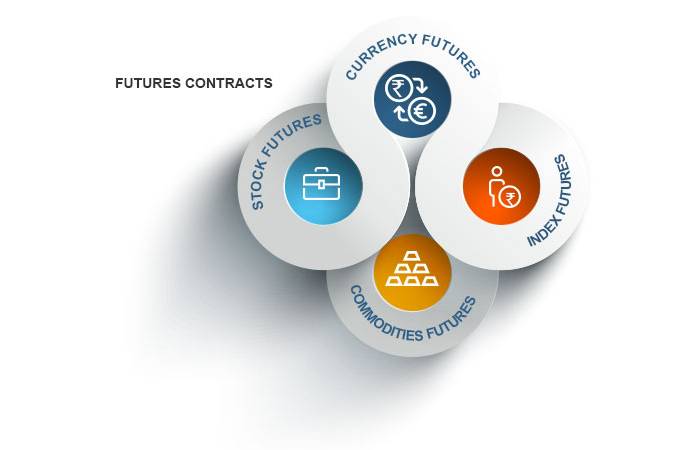Future Contracts Definition
Future Contracts is a standardized agreement whereby two parties agree to exchange an asset (physical or financial), at a price determined at a future date.
The most widespread contract model in hedging financial operations is the one prepared by the International Association of Swaps and Derivatives of the USA known as ISDA.
This document is concerned with accurately defining both the more general terms and the specific assumptions that may affect operations.
As well as the mechanisms to avoid the risk of default between the parties through central clearinghouses.
- Which are those that request and manage the guarantees on the asset in question, as well as the positions between the buyer and the seller.
- Unlike an OTC (Over the Counter) derivatives contract where the contract is bilateral, and there is no clearinghouse.
- In an OTC contract, the investor does not deposit guarantees, or in the case of storing them.
- They are usually much lower than those of the futures market, the most common being a netting and collateral agreement with the counterparty.
What are the Features of futures contracts?

All futures contracts have the following standardized features:
The nominal value of the contract calculated using the following formula:
Cost per point or tick
- It is the multiplier of the futures contract.
Tick size
- It is the minimum variation in the price of a futures contract.
Guarantees required by contract
- They are the guarantees required to cover market risk and to be able to operate in the future.
Expiration
- It can be monthly or quarterly. This expiration is known as Roll Over.
What are the types of futures contracts?
Futures contracts allow the introduction of long positions and short positions. There are the following types of futures based on the underlying asset to which they replicate:
- Foreign exchange
- Raw Materials
- Actions
- Metals
- Stock indices
What is the formula for calculating the future?
The formula for calculating a future is as follows:
Future theoretical value = [Counted Value (CV) * [1 + ((r * t) / (360))] – [D * (1 + (r * t ‘) / (360))]
Being;
- r = interest rate
- t = number of days until maturity
- D = Dividends
- t’= Number of days between the date of the dividend payment and the expiration of the contract
Example of a futures contract
Suppose that we have to calculate the theoretical price of a futures contract with a 4-month maturity of one X share. That is quoted on the
market at 20 euros, with the market interest rate being 1% per year.
VT = 20 * (1 + (0.01 * 120/360) – 0 (No dividend payment) = 20.06 euros
Also Read: What is Open Graph? – Definition, Impacts, and More


